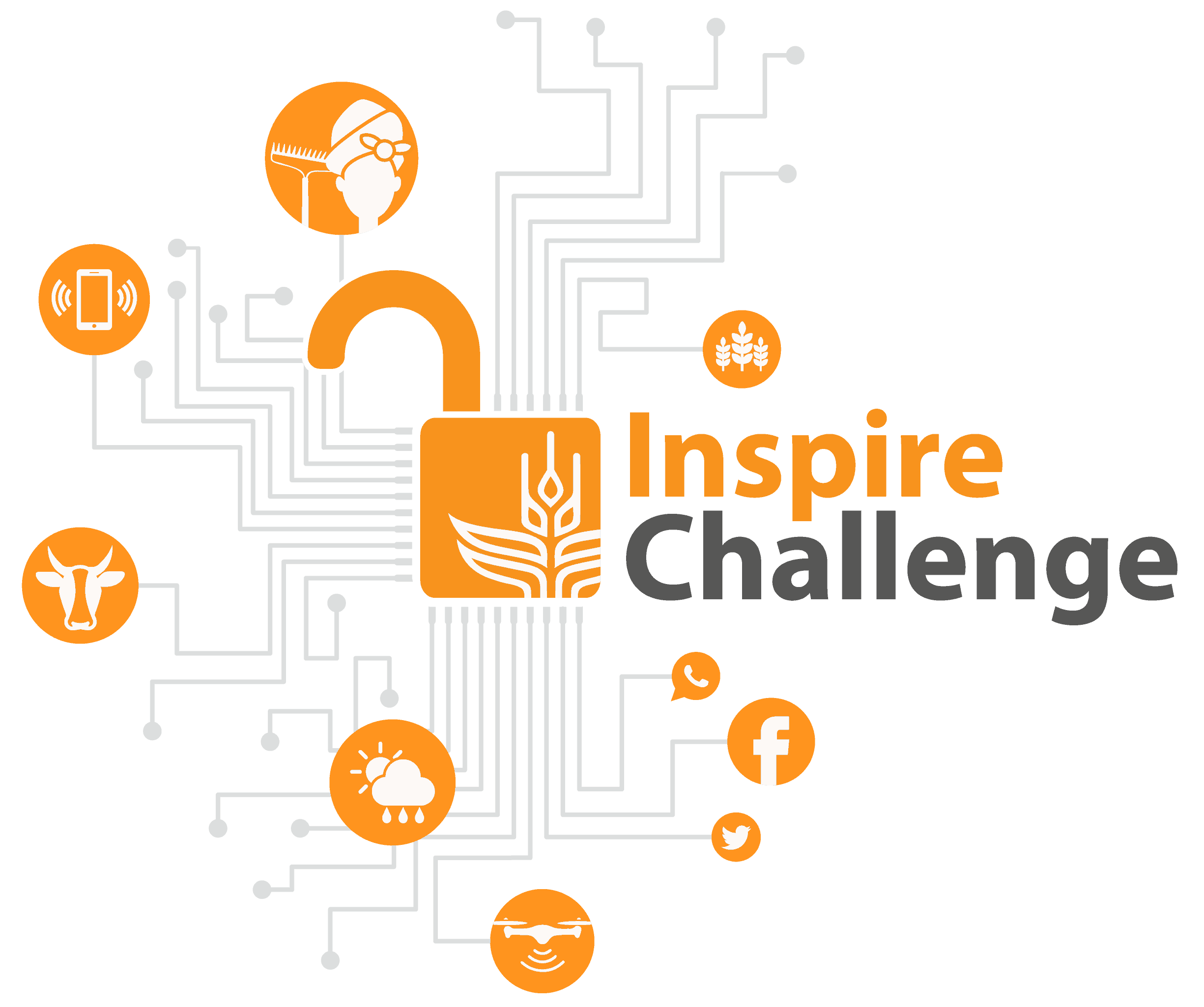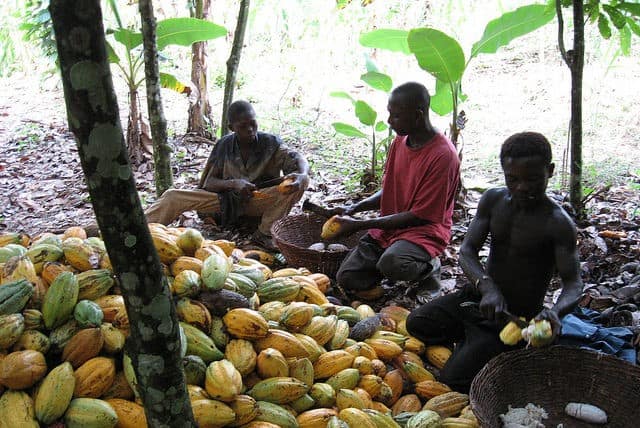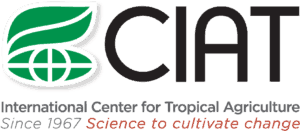
Inspire Challenge 2017 Proposal
Cost of Inaction Calculator
Today, 80% of the food in Asia and Sub-Saharan Africa is grown by 500 million small-scale farms. Despite the great volume of food produced by smallholder farmers, they generally have low access to technology, resources, and global markets.
Smallholder sourcing programs provide a unique opportunity to make large-scale livelihood investments, given that smallholders comprise over 30% of the world’s population and the majority of the world’s poor.
And with the global population expected to exceed nine billion people by the year 2050, we are going to need to produce a lot more food—a lot more sustainably.
Global food companies are betting big on smallholders as the key to feeding the world and fighting climate change.
In September, Mars committed to invest USD 1 billion in its value chain, promoting sustainable farming as a means of reducing greenhouse gas emissions and reversing the impacts of climate change. In a written statement, Mars CEO Grant Reid said that “the engine of global business — its supply chain — is broken and requires transformational, cross-industry collaboration to fix it.”
Although brands and governments are working to account for climate change’s projected impacts on global food production, the complexity of current models makes it difficult to drive actionable decisions.
An idea to solve this
The Cost of Inaction (COI) Calculator is an advanced modeling platform, combining CIAT agricultural climate risk data and Sourcemap supply chain mapping technology into an easy-to-use platform that the private and public sectors can deploy to identify smallholder producers’ adaptation needs; leveraging data to design site- and crop-specific solutions that ensure sustainable supply chains.
The COI Calculator will identify the actual cost of business-as-usual for each farm in a given supply chain; helping users identify the producers and crops where investment to mitigate the impacts of climate change will be most impactful.
Users upload data to the online platform, which automatically calculates the most likely COI value for each farm and supplier, based on historical variability and future climate scenarios. Users can upload multiple scenarios to help plan for a sustainable supply chain in the future.
The COI Calculator democratizes long-term and strategic climate change planning for a wide range of stakeholders, bridging the gap between emerging climate science and the tactics of climate adaptation.
The COI Calculator builds on existing data and proven technology to deliver a fully functional public platform within 12 months as a proof of concept.
At launch, the scope will focus on cocoa production in Ghana. In the second phase (year 2), the platform will be expanded to provide advanced risk analytics and cover the rest of the CIAT product and regional portfolio.
The COI Calculator will be designed and developed to ensure that the platform is useful and usable for a wide range of stakeholders, including regional managers, farmers and cooperatives, traders and manufacturers, governments, and non-governmental organizations.
The COI Calculator will spur the transformational, cross-industry collaboration that Reid calls for; helping identify smallholder producers’ climate adaptation needs to ensure sustainable supply chains.
The predicted impact
By allowing users to easily model agricultural supply chains and climate risk exposure, in terms of lost revenue to smallholders, the COI Calculator will streamline decision-making and increase the resilience of agricultural value chains to climate change.
Leveraging Sourcemap’s supply chain mapping technology along with CIAT’s climate risk projections, the COI Calculator will measure the cost of doing business-as-usual for each farmer in a given supply chain; helping users identify the producers and crops for which investments will be most impactful for the coming decades.

Support this Proposal
The Platform for Big Data in Agriculture is all about the creating connections to build the capacity’s need to inspire real change in the agriculture sector.
The aim of the Inspire Challenge is to generate innovative ideas that will revolutionize the future of agriculture using big data tools. You can be a part of the revolution by supporting these initiatives and help secure food for the future.
Contact one of the team members below to ask how you can help realize this idea.
Team:
Adrienne Bowles | Email
(Sourcemap)
Leonardo Bonnani
(Sourcemap)
Christian Bunn
(CIAT)
Mark Lundy
(CIAT)





